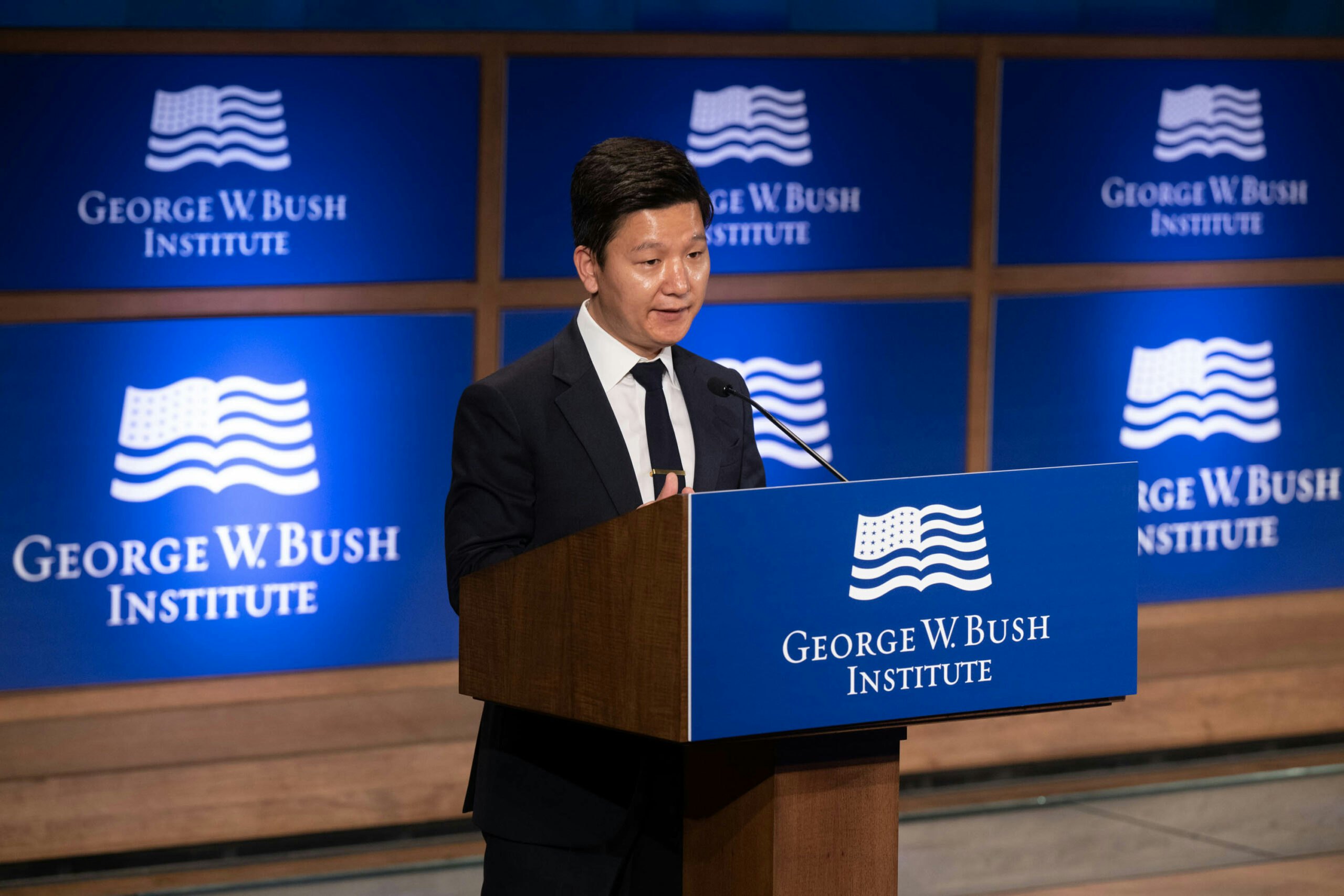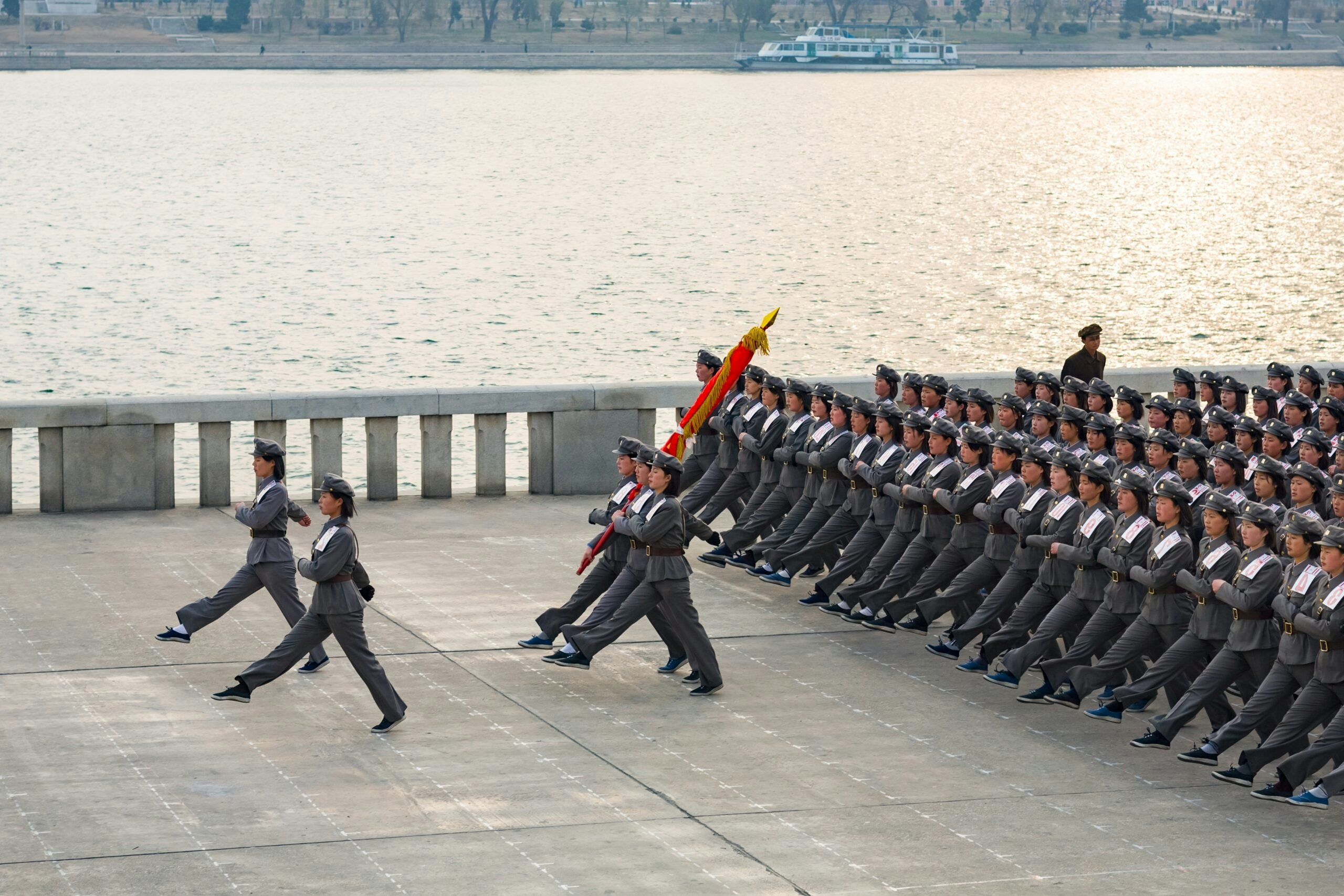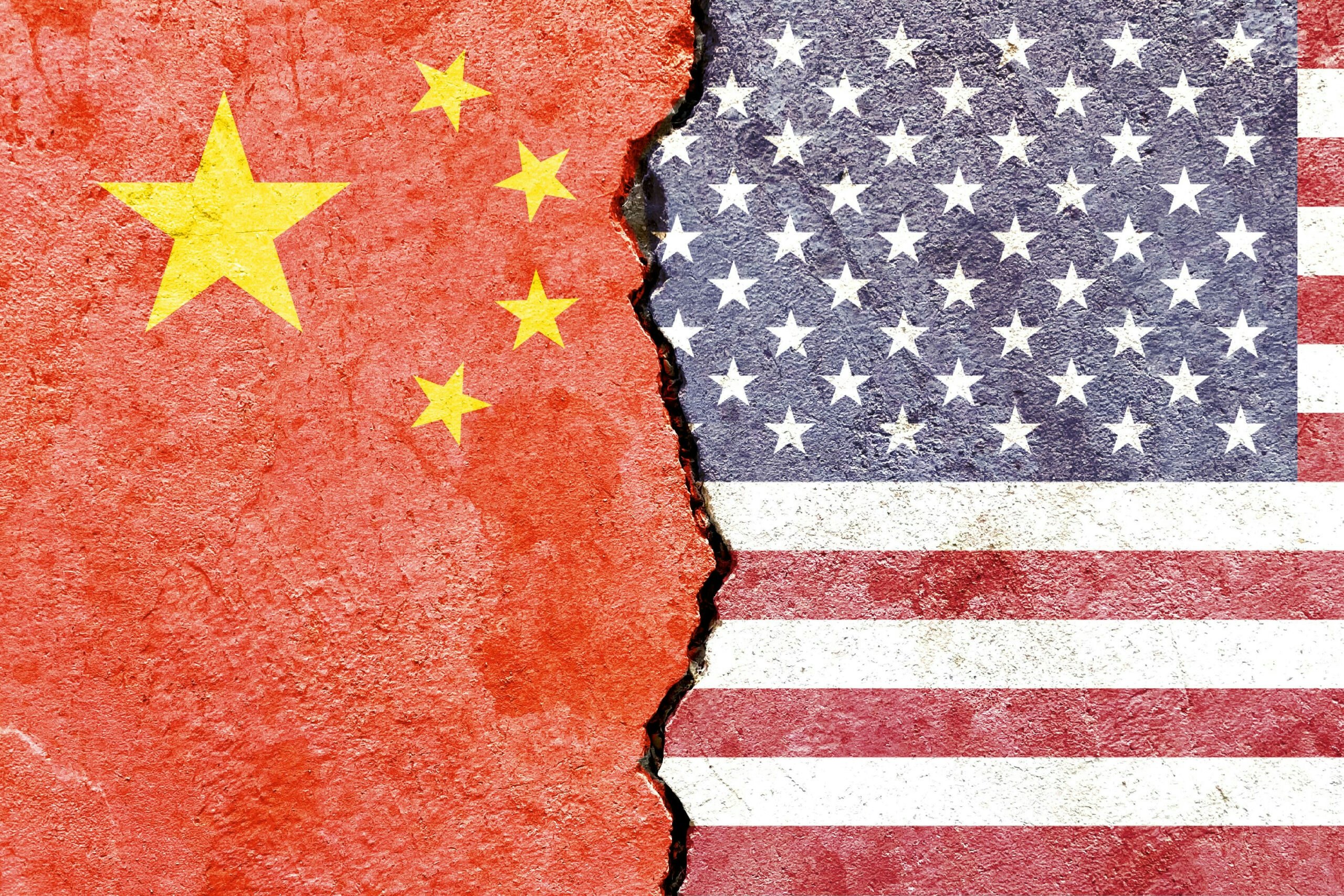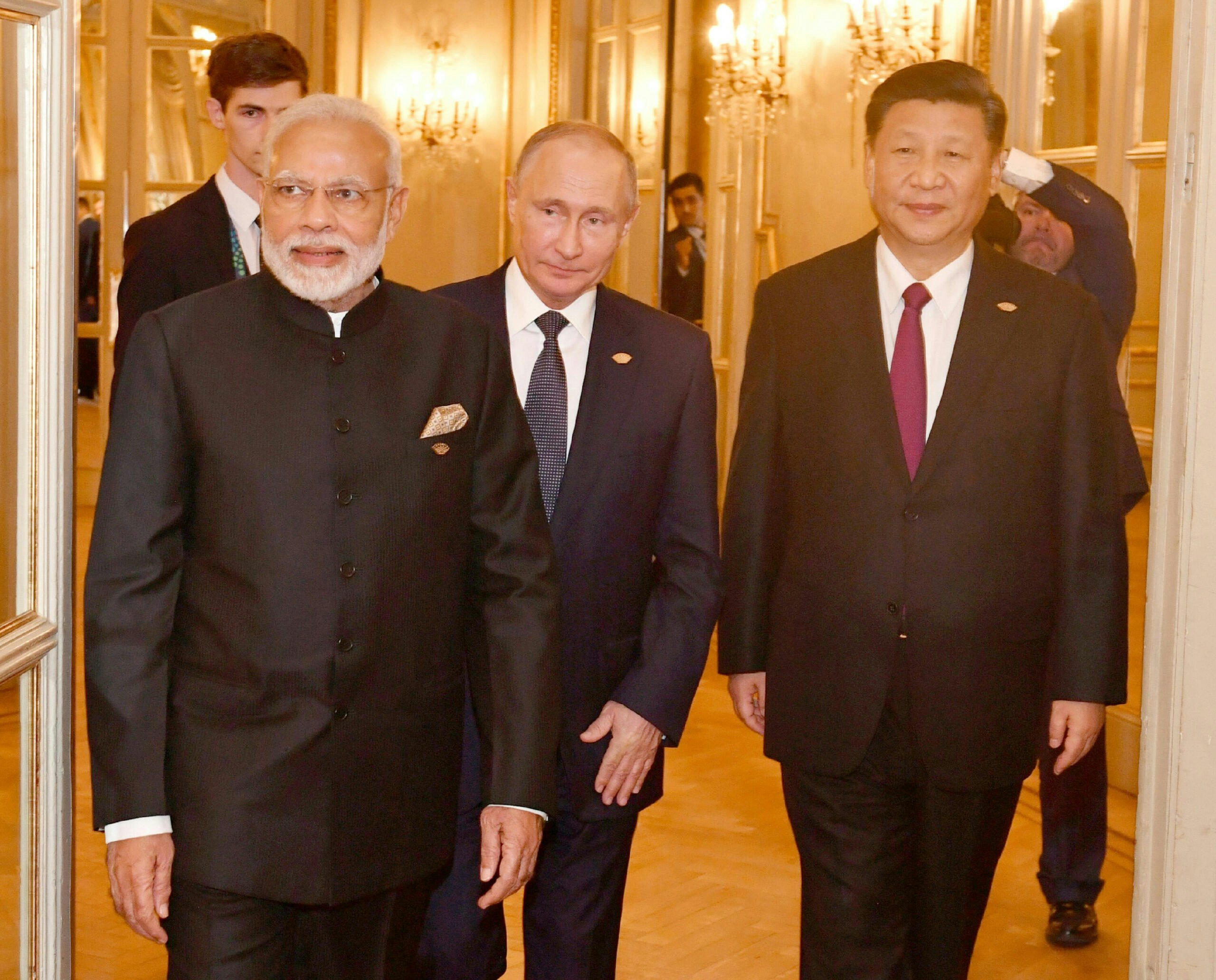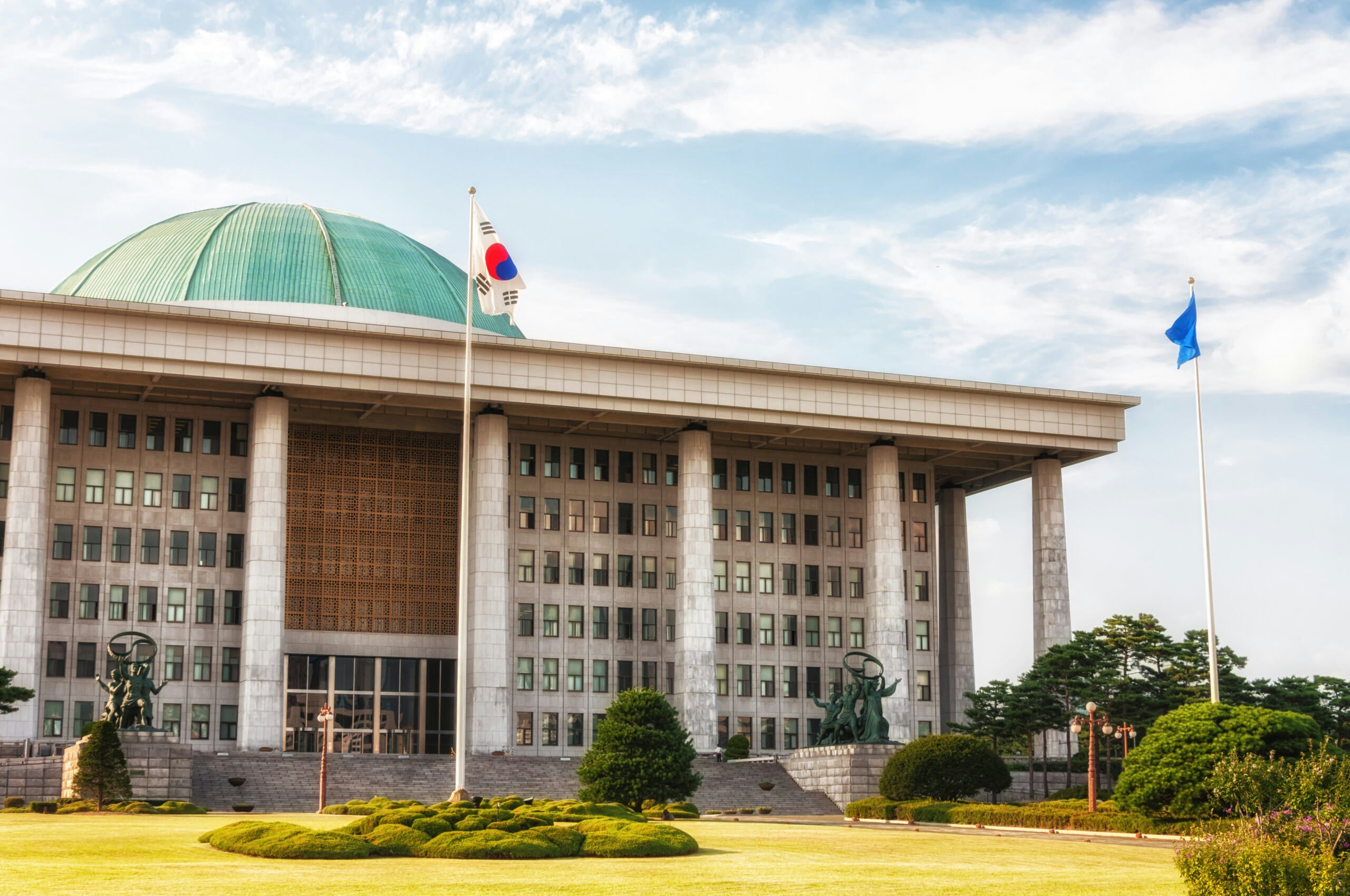There has been a regrettable trend in U.S. foreign policy over the years to focus on the immediate security threat, at the expense of Pyongyang’s horrible treatment of its own people.
North Korea’s ongoing effort to develop nuclear weapons and the means to deliver them to the United States has been a policy challenge for the last several American presidents. In the first year of the Trump Administration, we have seen increasingly sophisticated and successful tests of missiles by the North Korean regime.
As policymakers struggle to counter these developments, it’s vital to remember the cause of North Korean human rights. There has been a regrettable trend in U.S. foreign policy over the years to focus on the immediate security threat, at the expense of Pyongyang’s horrible treatment of its own people. Once again, we are seeing Washington elevate the security issues over human rights concerns.
In 2016, the Bush Institute outlined a new approach in a call to action paper, Toward a New Policy and Strategy for North Korea.
Even as threats mount, the approach of the new U.S. administration to North Korea can no longer be one-dimensional, focusing solely on the security dimension. The human rights abuses committed by the regime for decades are a direct reflection of the core nature of the state’s deviant behavior. The national security threat posed by North Korea to the United States and its allies stems not just from the nuclear and missile threats, but from a government, in possession of such weapons, which is capable of a level of abuse of its own citizens unprecedented in modern human history.
Congress recognizes the importance of these issues and that North Korea’s human rights record is closely linked with the threats it poses to its neighbors and the world. In September, the House of Representatives passed the North Korean Human Rights Act of 2017, a bipartisan initiative begun in the Bush Administration to improve conditions in North Korea. The bill is currently awaiting action by the Senate, where it enjoys broad, bipartisan support.
A government that fails to respect universal principles of human rights is unlikely to respect agreements to restrict its nuclear activities. A strong, continued focus by the United States and other governments on the human condition in North Korea is essential to successfully resolving the security threat.






